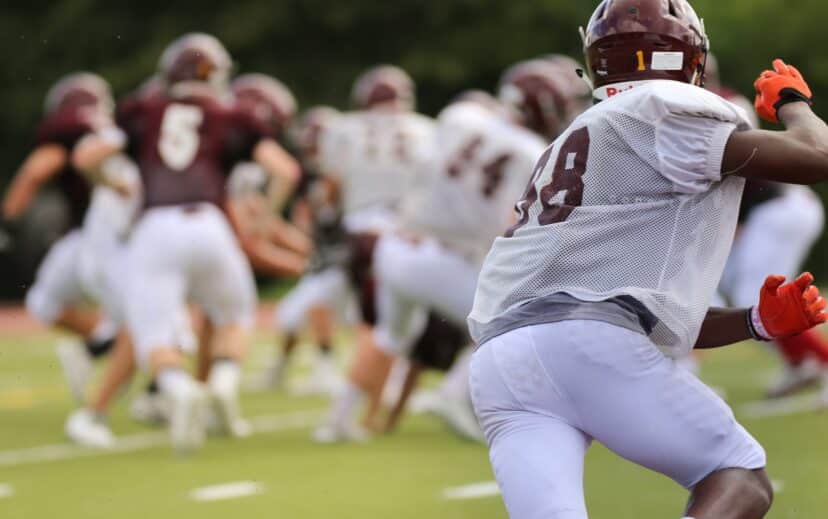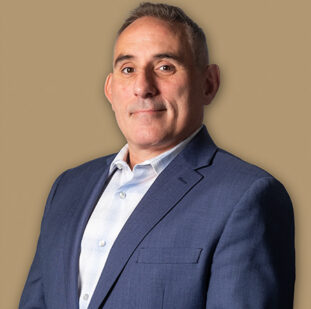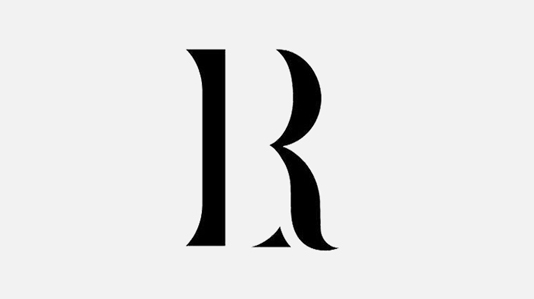Thanks to a NCAA interim policy change and changes in state law, student-athletes in Alabama can now be paid for use of their name, image and likeness (“NIL”). This opens new opportunities for student-athletes to earn money.
What Is the Alabama State Law for NIL Deals?
On February 3, 2022, Governor Kay Ivey signed a law repealing Alabama’s previous 2021 NIL law. When the original NIL law was signed in July 2021, Alabama was at the forefront of NIL reform by being one of the first states to allow college athletes to make money from NIL deals. After the Supreme Court Case, NCAA v. Alston, Alabama found that its once cutting-edge law was now inhibiting student-athletes from fully realizing the opportunities available through NIL deals. In response, Alabama repealed the original NIL law to ensure that Alabama schools are not disadvantaged when recruiting athletes compared to schools in other states.
The original Alabama NIL law:
- Prohibited agreements that conflicted with a school’s contractual obligations (e.g., entering into a deal with an apparel company that rivals a school’s sponsor);
- Required disclosure of a student’s NIL deals to the school;
- Prohibited contracts from extending beyond the student’s affiliation with the school;
- Prohibited a student from using school intellectual property without prior written approval from the school; and
- Prohibited students from receiving NIL compensation as an inducement to attend a specific school.
With the repeal of the old NIL law, there are three rules governing NIL: 1) the NCAA’s interim NIL Policy, 2) rules enacted by schools and conferences and 3) the Alabama Athlete Agents Act. Policy choices surrounding NIL deals are now left to the NCAA, the conferences, and the schools themselves.
Both the University of Alabama and Auburn University have issued NIL policies. The University of Alabama has a less stringent policy compared to that of Auburn University. However, both schools require that athletes disclose any NIL deals to the athletic department. In addition, Auburn athletes are prohibited from engaging in NIL activities with tobacco companies, alcoholic beverage brands, companies that sell or dispense controlled substances including marijuana, adult entertainment companies, or casinos.
Although Alabama’s initial NIL law has been repealed, Alabama’s Agent Act remains in effect. Essentially, the Agent Act requires agents representing athletes to register with the state. In addition, agents are required to include certain provisions and warnings in their contracts and notify the student’s institution of the agent’s relationship to the student, among other requirements.
How Has This Impacted NIL Deals in Alabama So Far?
Alabamians love college football, so it is not surprising that Alabama businesses were eager to ink deals with college athletes. According to former University of Alabama Head Football Coach Nick Saban, 25 players earned a whopping $3 million off NIL deals in the 2021 season. For example, Alabama’s Heisman Trophy winning quarterback, Bryce Young, recently made a deal with BMW of Tuscaloosa. Young, one of the highest-paid college athletes, has already earned close to $1 million in endorsement deals.
Similarly, NIL collectives have begun to sprout up throughout the state. Several Auburn University football players have announced their intent to join a new NIL collective, Plains NIL Club. Plains NIL Club is a partnership between YOKE, a licensing company, and almost three quarters of the Auburn football roster to provide “fans a way to engage with Tigers’ athletes throughout the season via an online membership.”
Even players from smaller Alabama schools have entered deals, with two Troy University football players entering deals with Jones Medical Supply, a local durable medical equipment supplier, to act as brand ambassadors and promote Jones Medical Supply on their social media accounts.
Conclusion
In general, Alabama lawmakers have reversed course to take a more relaxed approach to the state’s NIL policy. Alabama schools are now left to institute their own rules governing NIL deals. Student-athletes in the state of Alabama are now able to capitalize and be compensated for their NIL. If you need assistance developing an appropriate policy to comply with the state law or you are an athlete, school, or business looking for guidance on complying with NCAA rules and state law, contact our attorneys.
Contributions to this blog by Joseph Ford.





